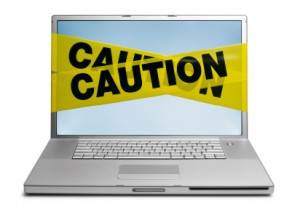 Credit card debt that has gone unpaid for a long period of time is “charged-off” by the credit card issuer and usually sold to a debt collection company for cents on the dollar.
Credit card debt that has gone unpaid for a long period of time is “charged-off” by the credit card issuer and usually sold to a debt collection company for cents on the dollar.
This charge-off will remain on your credit report for 7 years and will negatively affect your credit scores. However, if you pay the debt, the collection company will report to your original creditor that the account was paid and they will then add a notation to your credit report that the account is a “paid charge-off.”
While this won’t automatically raise your credit scores, lenders who read the credit reports will view it in a favorable light. Thus, paying the account can help you when you want to borrow money in the future.
If you pay off such an account you should wait for 60 days, then check your credit report to make sure that the account is now correctly listed as a “Paid charge-off” rather than just as a “Charge-off.”
But now for the danger…
Some debt collectors are on the up-and-up and some are not. In fact, you could even be contacted by a bogus debt collector who does not own your debt and has no claim to any payment you might make.
Even though you want to improve your credit, don’t jump at the first chance to make things right by paying this old debt.
First, ask the company for verification that this is actually your debt. Next make them prove that they have purchased that debt and have the right to collect from you.
Do not send any money – not even $1 – until you see a complete payment agreement in writing – with all terms and dollar amounts clearly specified.
You want an assurance that if you perform as agreed, the account will be marked “paid in full” rather than “settled in full.” Some of these “agreements” leave the door open for them to ask for fees or additional interest, even after you’ve paid the full amount requested.
Finally, since anyone can type out a document and make it look legal, and since anyone can dream up a company name and sign as an authorized officer, you should do some research. Google the name and see what others have to say about them. Call the Better Business Bureau in the town where they’re located. Ask your attorney if he or she has ever heard of them.
Make sure you aren’t about to send money to someone who gained access to your account information by illegal means and is now trying to “shake you down.”
CreditScoreQuick.com your resource for credit scores, credit cards, and credit news.



